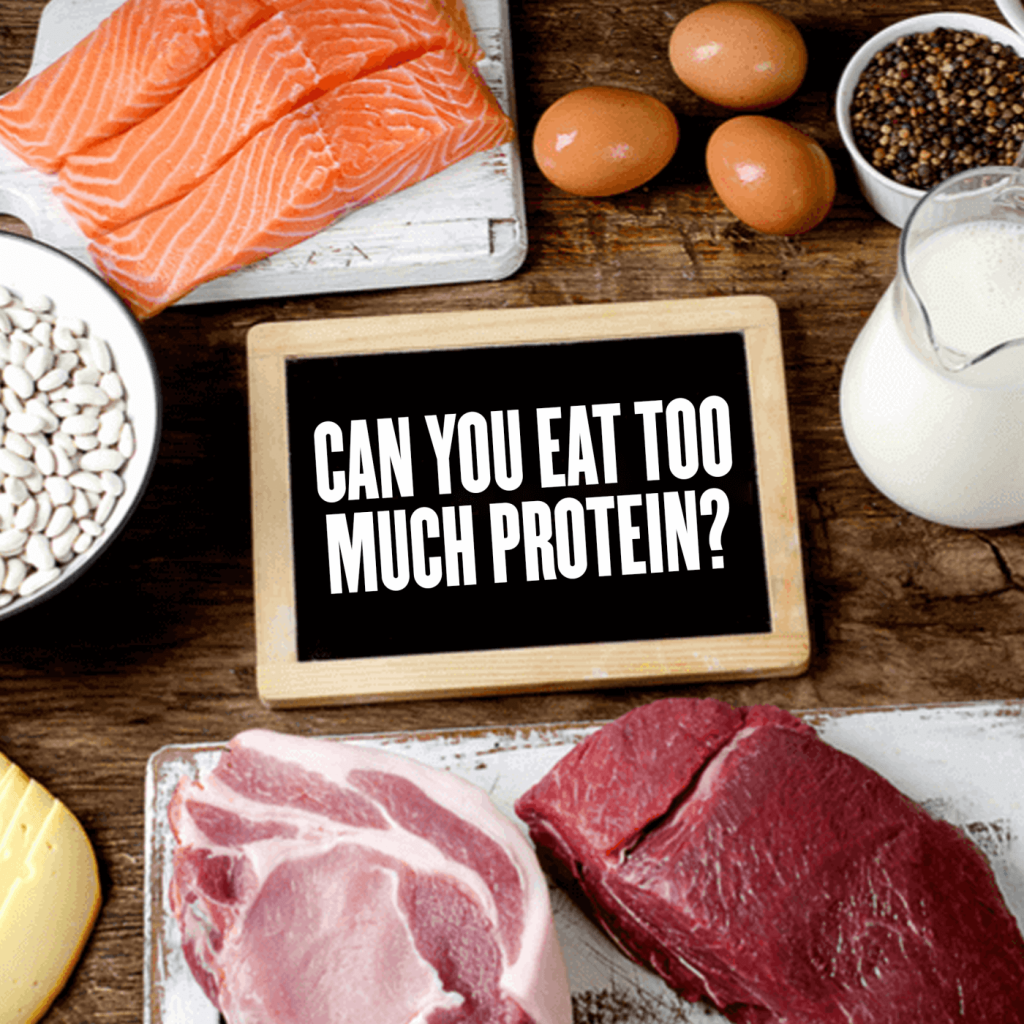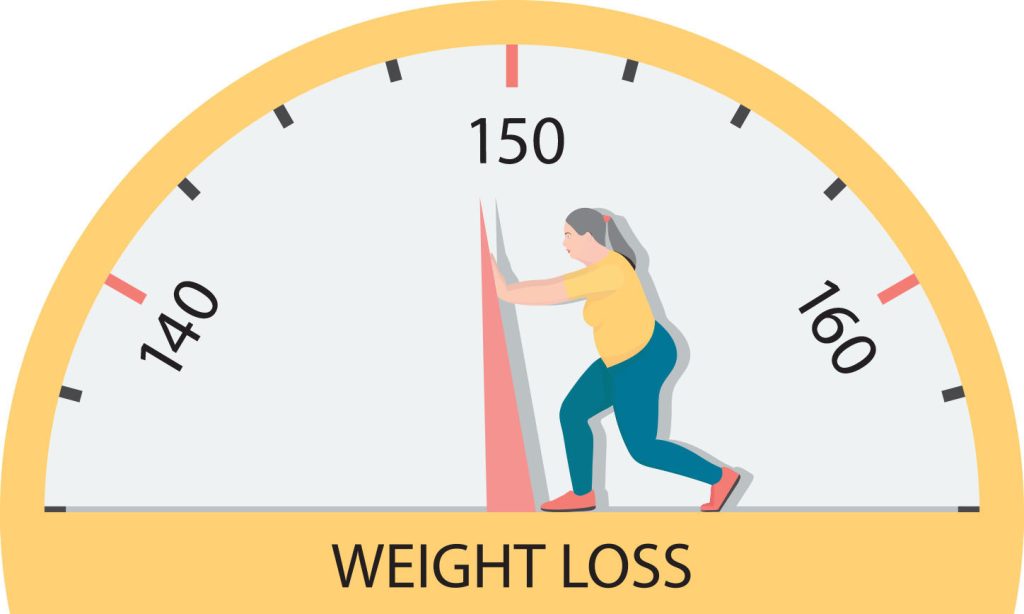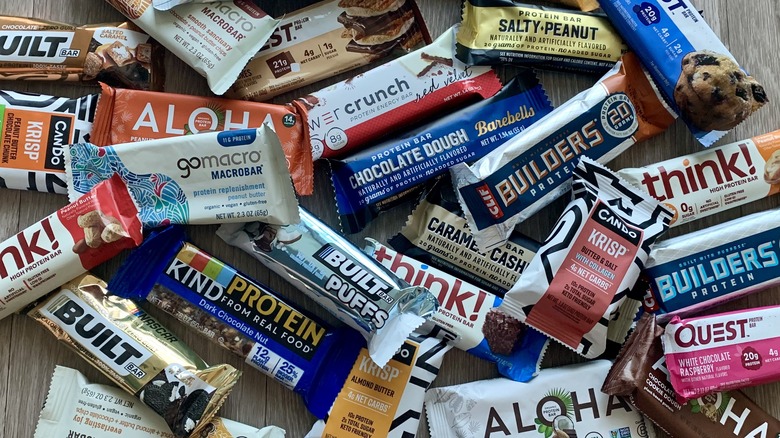Browsing the grocery store these days, you’ll notice every piece of advertising is screaming in bright, bold font about protein. How much protein, the highest quality protein, organic protein, free range protein? So what exactly is protein, and why should you care? Here are 5 facts about protein to boost your nutrition and help you reach your fitness goals more quickly.

Table of Contents
Toggle1. Protein Isn’t Just About Muscle
Protein is an essential nutrient in muscle repair, but is also utilized in hormone production (e.g. insulin, growth hormone), the immune system (antibodies), skin and hair health (keratin), and many other processes in the body. If you’re not eating enough protein, many of these essential functions could be affected, and decrease your overall health. Ensuring protein is available as your body needs it is especially important as you age to maintain a healthy and capable state.

2. “Overeating” Protein Isn’t as Bad as You Think
Research shows a greater thermic effect in digestion, meaning you burn more calories digesting protein than other macronutrients. You’ll also get more average satiety (feeling full) from amino acid-rich food types, which tends to help keep total calorie intake lower while not starving yourself. A common myth surrounding high-protein diets is a negative effect on your kidneys, which has been disproven with modern research. Eat protein and eat lots of it!

3. You Should Eat More to Lose Weight
Well, not exactly more food, but more protein at the same calorie total is going to have positive effects. Once again, keeping you fuller is going to help reduce overall calorie intake, which is the most important thing for weight loss. Maintaining a high protein intake is also crucial in preventing muscle loss from a calorie deficit, allowing you to continue training and recovering properly. Increasing the percentage of protein will help you reach your weight loss goals more quickly and feel stronger.

4. There Are Many High Quality Sources
Got dietary restrictions? Tired of chocolate flavor? There are more sources of protein available now than ever before. The Protein Quality Score measures the digestibility and amount of essential amino acids a food provides, and can be a handy resource for ensuring you’re getting all the nutrients your body requires. However, with so many options, there’s no excuse not to be hitting your target grams these days. As long as those essential acids are covered across your diet, no particular choice is better than another, and you can feel free to find what works best for you.

5. Older Adults Need More Protein, Not Less
As we age, loss of muscle mass (sarcopenia) is a major health concern, and protein is one of the best tools to fight against this. Maintaining strength, preventing falls, enhancing bone health, and boosting immune function are just a few of the numerous benefits associated with a balanced diet. These issues become even more critical in old age, and their consequences become more severe. Building good habits and checking back in with where your nutrition can literally save your life.

How Much Protein Do You Need?
Finally, how much should we actually be aiming to eat? Around 0.8-1g per pound of body weight should be plenty for active adults and should be spread evenly throughout the day, but don’t worry if you can’t time it perfectly. You can get more specific depending on diet, goals, and lifestyle, but the most important thing is to get enough and let your body do what it does best! With all these reasons and numerous ways to succeed, today is the day to start taking your protein seriously. Keep reading our other posts to learn more ways to elevate your fitness.
Here are 3 articles to learn more:



